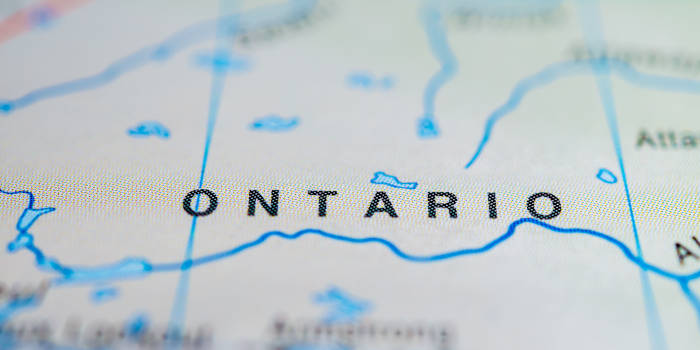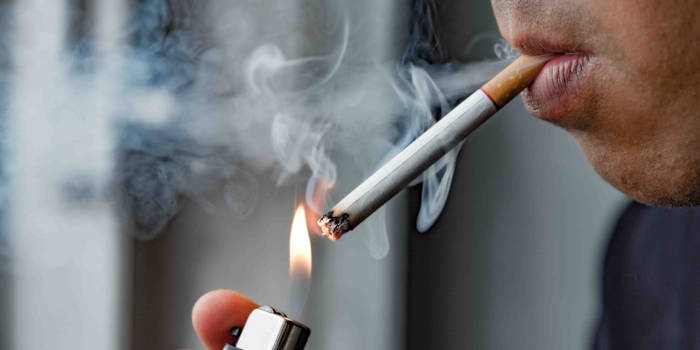Greo Evidence Insights Offers Two Grants to Investigate Gambling-Suicide Link
Greo Evidence Insights is inviting interested parties to submit proposals until May 1, 2023

The Gambling-Related Suicide Research Program, a joint initiative between the UK Gambling Commission and Greo Evidence Insights, is offering to fund to research proposals that will further understand the relationship between gambling and suicide, self-harm, or suicidal ideation.
Two Research Grants Offered to Investigate Connection Between Gambling and Suicide
The two types of grants available are the Quantitative Research Grant and the Qualitative Research Grant. Both grants will fund innovative proposals with a total envelope of £950,000 over a two-year term.
The Quantitative Research Grant provides money to support studies that examine how gambling is linked to thoughts of suicide, self-harm, or suicide attempts. This could involve analyzing existing data, studying UK government records, or conducting research using information from gambling companies.
The Qualitative Research Grant aims to fund studies that can help us understand how people feel about gambling-related suicide. This includes identifying common patterns, factors that contribute to or prevent it, how gambling products and surroundings affect it, and warning signs that could help prevent it.
This funding program aims to contribute to the understanding of the link between gambling and suicide and could pave the way for critical interventions that could save lives in the future. The number of grants awarded will depend on the requested budgets and decisions of the peer review committee.
Although Greo Evidence Insights is based in Canada, grant proposals should prioritize researching gambling-related suicide in the UK. The UK Gambling Commission has provided the funds through their National Strategy to Reduce Gambling Harms in the UK.
Study Shows Excessive Gambling Linked to Higher Risk of Suicidal Thoughts and Attempts
A study by the University of Helsinki revealed that those who engage in excessive gambling have a higher risk of experiencing suicidal thoughts or attempting suicide. In clinical populations, up to 81% have had suicidal thoughts, while 30% attempted suicide. Between 17% and 39% of those with gambling problems in community samples reported suicidal thoughts, with 2% to 57% attempting suicide.
Furthermore, up to 40% of individuals seeking help for gambling problems are identified as having suicidal tendencies, and the severity of the issue is associated with increased risk.
Additionally, calls for reforms in the gambling industry have surged due to gambling-related suicides, particularly in the UK. Research has shown that problem gambling and suicide are correlated. The UK’s Betting and Gaming Council (BGC) aims to address the issue by banning gambling adverts during live sports events and allocating more funds for research, education, and treatment of problem gambling.
Other countries are taking similar action, such as Australia’s plans to launch a national self-exclusion register for problem gamblers, and some states in the US legalizing sports betting and online gambling but introducing measures to combat problem gambling.
Silvia has dabbled in all sorts of writing – from content writing for social media to movie scripts. She has a Bachelor's in Screenwriting and experience in marketing and producing documentary films. With her background as a customer support agent within the gambling industry, she brings valuable insight to the Gambling News writers’ team.















